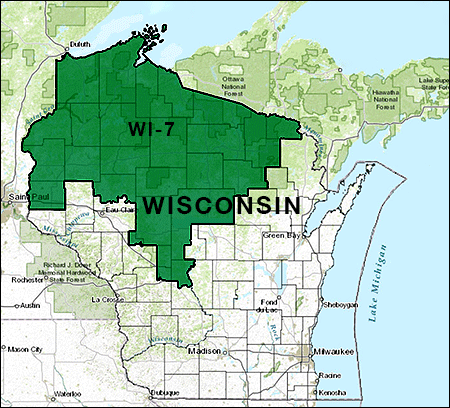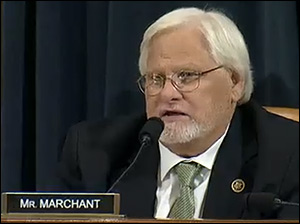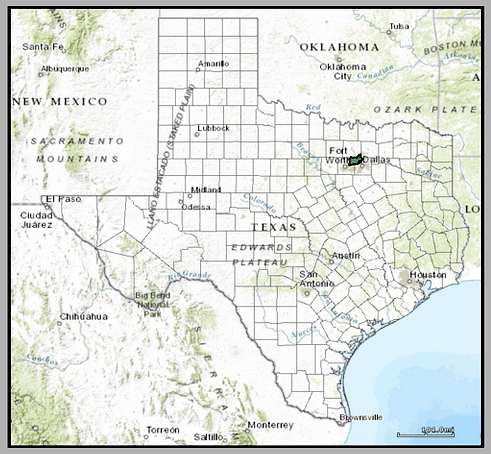
Veteran Republican US Rep. Greg Walden (OR-2)
Oct. 30, 2019 — Veteran Republican US Representative Greg Walden (R-OR) joined the growing group of House members to announce that his congressional career will come to an end. Rep. Walden issued a statement Monday indicating that he will not seek a 12th term in office. OR-2 becomes the 30th open seat. There are now four vacancies in the House.
The veteran congressman, first elected in 1998, is the ranking Republican member on the House Energy & Commerce Committee, a panel he chaired while the GOP held the majority. He is also a past chairman of the National Republican Congressional Committee.
Oregon’s 2nd District is the only Republican seat in the Beaver State. It occupies 19 eastern counties and part of one other. The land mass covers three-quarters of the state and houses the two larger population centers of Jackson and Deschutes Counties, which contain the cities of Medford and Bend, respectively.
The Census Bureau indicates that the 2nd District now contains over 830,000 people, over 100,000 more people than originally constructed in 2011. In fact, all of the Oregon districts are now approximately this size, which explains why the state looks to be gaining an additional seat in congressional reapportionment.
Walden won 11 elections in the 2nd and has averaged 68.7 percent of the vote over his 11 victorious federal campaigns. The only time he dropped below 61 percent of the vote occurred last November when he was re-elected with 56.3 percent.
President Trump carried the district in 2016 with a 57-37 percent margin. Four years earlier, Mitt Romney notched a similar 57-41 percent victory spread. John McCain won 54-43 percent in 2008. Therefore, this seat should easily remain in Republican hands, but first the candidate fields must develop for both parties.
The district touches eight state Senate and 14 state House seats. Seven of the eight Senate seats are Republican held. In the House, the GOP advantage is twelve to two. We can expect several of these legislators to enter the open House race and what is likely to be a large number of local officials from the expansive regions.
Continue reading







